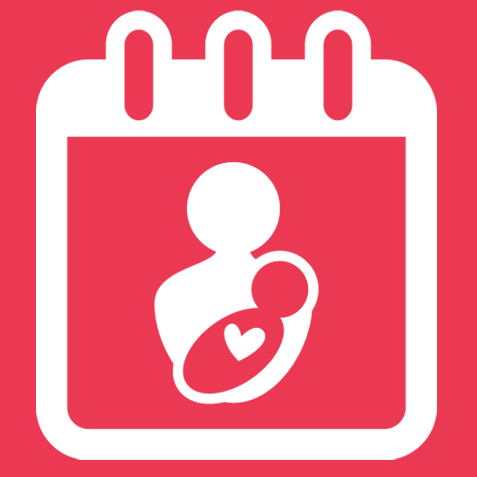Pregnancy is a time of immense joy and anticipation, and it also comes with the responsibility of nourishing both the expectant mother and her growing baby. While a balanced diet is vital during pregnancy, it may not always provide all the essential nutrients required for optimal fetal development and the well-being of the mother.
Prenatal vitamins play a crucial role in bridging these nutritional gaps and ensuring a healthy pregnancy. In this blog post, we will explore the importance of prenatal vitamins and what you need to know about incorporating them into your pregnancy journey.
Contents
What Are Prenatal Vitamins?
Prenatal vitamins are specially formulated supplements designed to provide essential vitamins and minerals needed during pregnancy. They contain a combination of nutrients that support the baby’s growth and development and help meet the increased nutritional demands of the expectant mother.
Key Nutrients in Prenatal Vitamins
Folic Acid: Folic acid is perhaps one of the most crucial nutrients during early pregnancy. It plays a significant role in preventing neural tube defects, which affect the development of the baby’s brain and spinal cord.
Iron: Iron is essential for the production of red blood cells, which transport oxygen to the baby and the mother’s tissues. Iron helps prevent anemia during pregnancy, which can lead to fatigue and other complications.
Calcium: Calcium is vital for the baby’s bone and teeth development. It also supports the mother’s bone health during pregnancy.
Omega-3 Fatty Acids: Omega-3s, particularly DHA (docosahexaenoic acid), are critical for the development of the baby’s brain and eyes.
Vitamin D: Vitamin D aids in the absorption of calcium, promoting healthy bone development for both the baby and the mother.
Iodine: Iodine is essential for proper thyroid function and brain development in the baby.
The Importance of Taking Prenatal Vitamins
Filling Nutritional Gaps: Prenatal vitamins help ensure that the baby and the mother receive essential nutrients even if their diet is not optimal.
Supporting Fetal Development: The nutrients in prenatal vitamins are essential for the baby’s growth, brain development, and overall health.
Preventing Birth Defects: Folic acid, in particular, has been shown to significantly reduce the risk of neural tube defects when taken before and during early pregnancy.
Boosting Maternal Health: Prenatal vitamins contribute to the mother’s well-being, helping prevent nutritional deficiencies and complications during pregnancy.
Need to schedule important pregnancy scans? Discover your pregnancy period with Asha Pregnancy Calculator and plan your appointments accordingly.
Choosing the Right Prenatal Vitamin
When selecting a prenatal vitamin, consider the following factors:
Consult Your Healthcare Provider: Always consult your healthcare provider before starting any prenatal vitamin supplement to ensure it suits your individual needs.
Look for Key Nutrients: Ensure that the prenatal vitamin contains essential nutrients like folic acid, iron, calcium, omega-3s, vitamin D, and iodine.
Avoid Excess Dosages: Avoid supplements with excessively high doses of any nutrient, as it may lead to adverse effects.
Consider Allergies and Sensitivities: Check for potential allergens or ingredients that you may be sensitive to.
Conclusion
Prenatal vitamins are a valuable addition to a healthy pregnancy journey. They provide vital nutrients to support the baby’s growth and development while promoting the expectant mother’s well-being. However, prenatal vitamins are not a substitute for a balanced diet. It’s essential to maintain a nutritious and varied diet alongside prenatal vitamins. Remember to consult your healthcare provider to determine the right prenatal vitamin for your specific needs and embrace the beautiful experience of nurturing new life during pregnancy with utmost care and love.

